Gas pipelines
International pipeline construction company
The company “BAF Pipelineservice GmbH” was founded in the last quarter of 1999 to expand activities in the area of pipeline construction and to increase cooperation with foreign companies. BAF Pipelineservice GmbH is a German/Czech joint venture based in Germany.
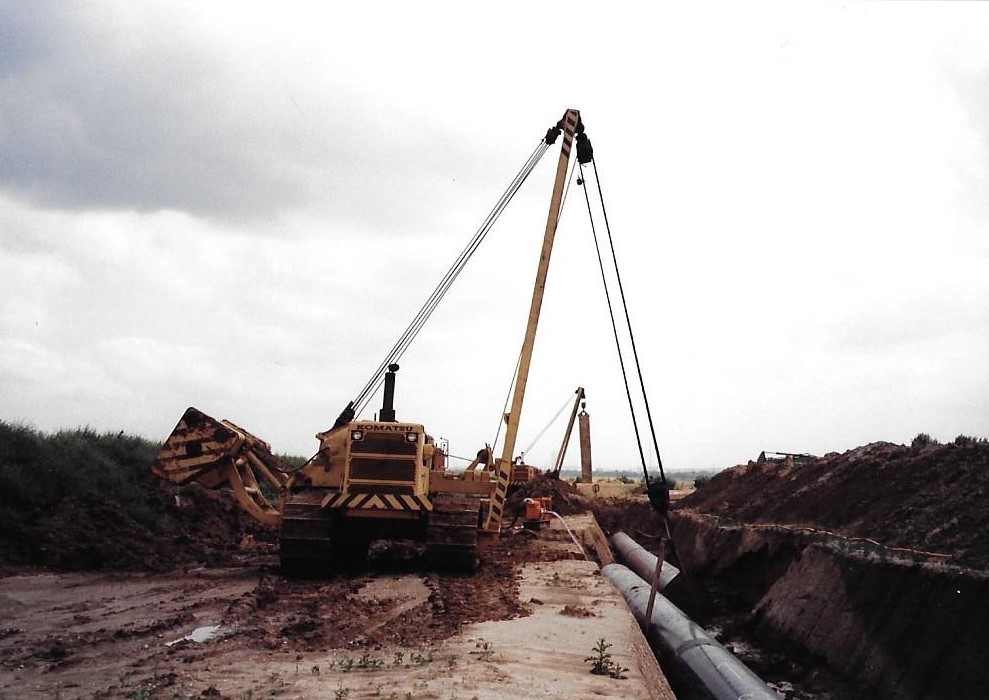
Services - Machine service in the workshop and on site (see BAF GmbH) - Rental pool for pipeline technology - Personnel - Welding and laying of pipes, subcontractors - General contractor for pipeline projects
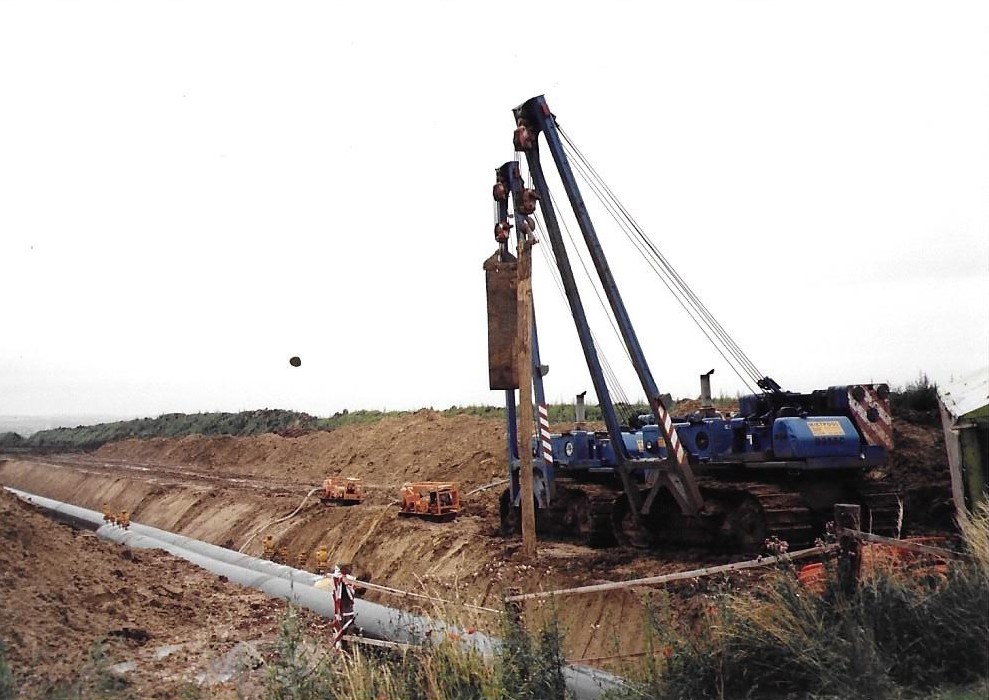
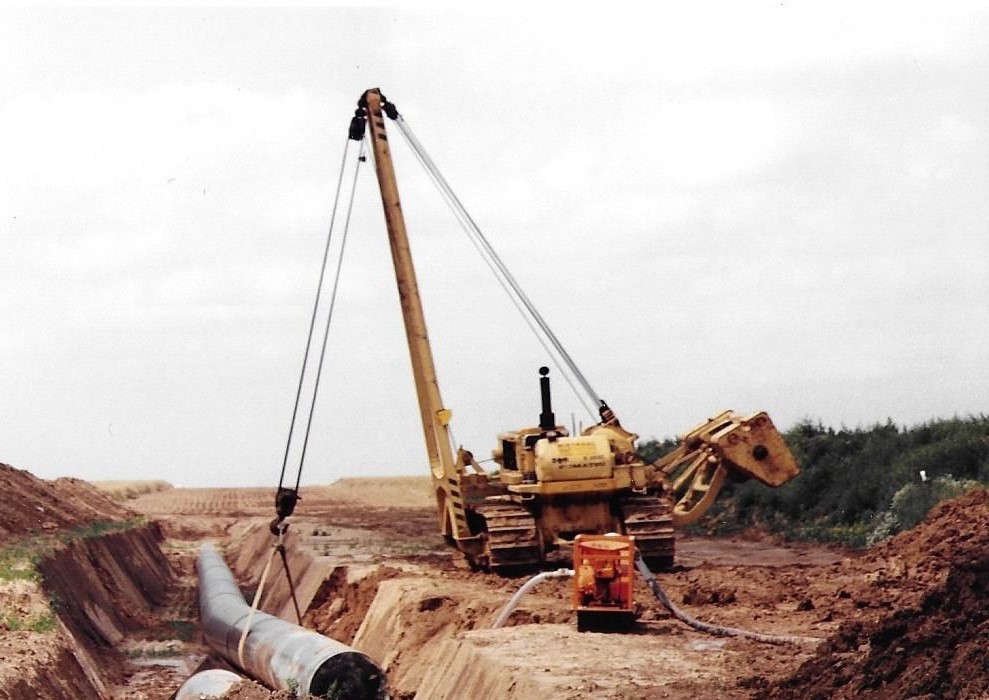
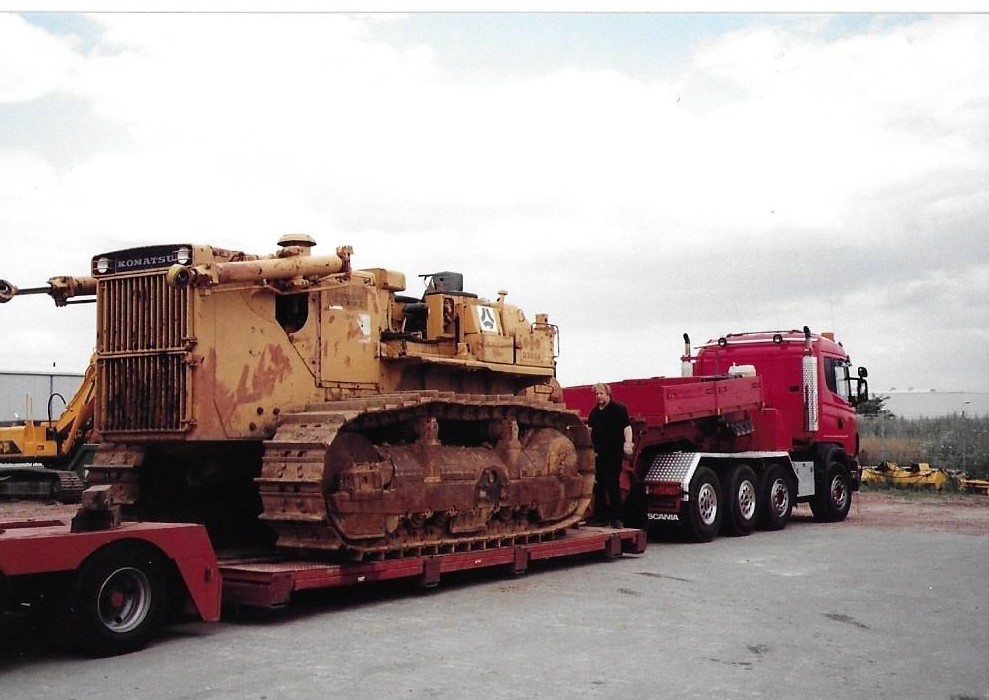
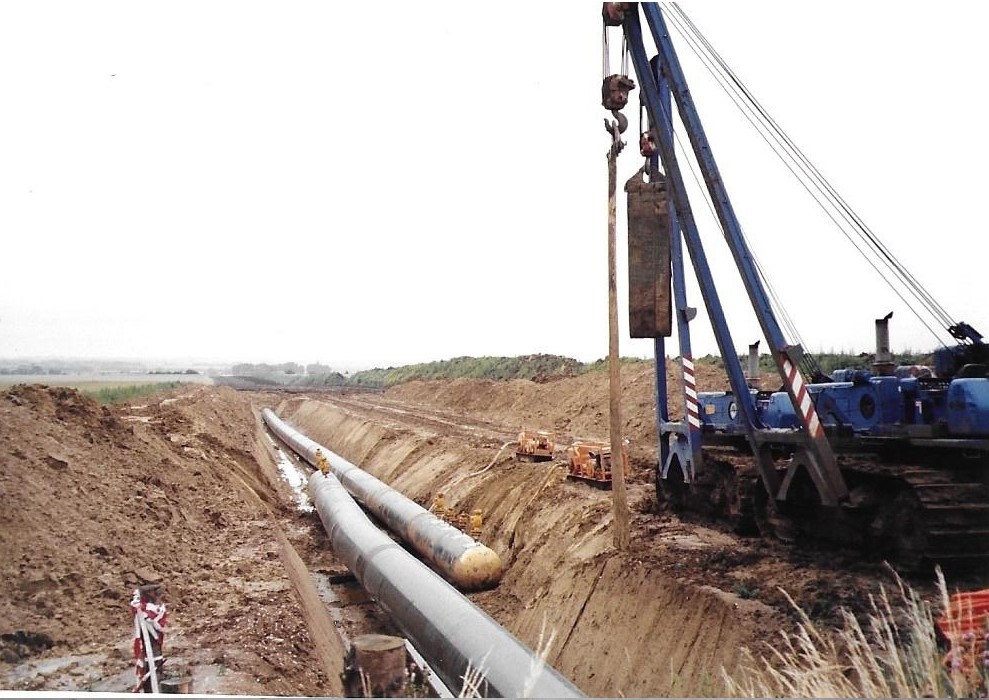
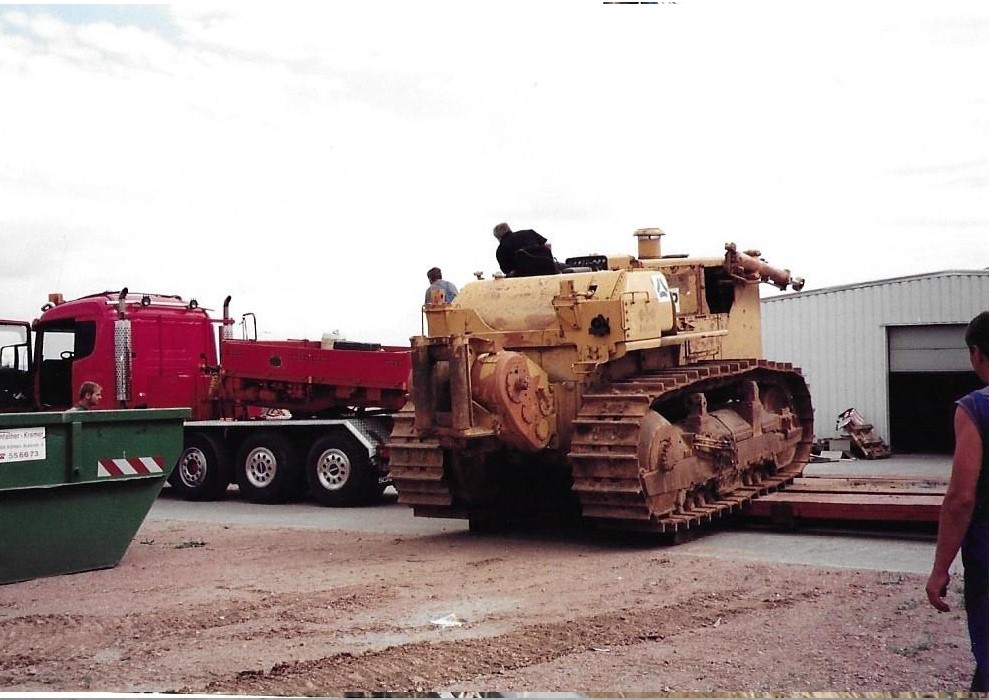
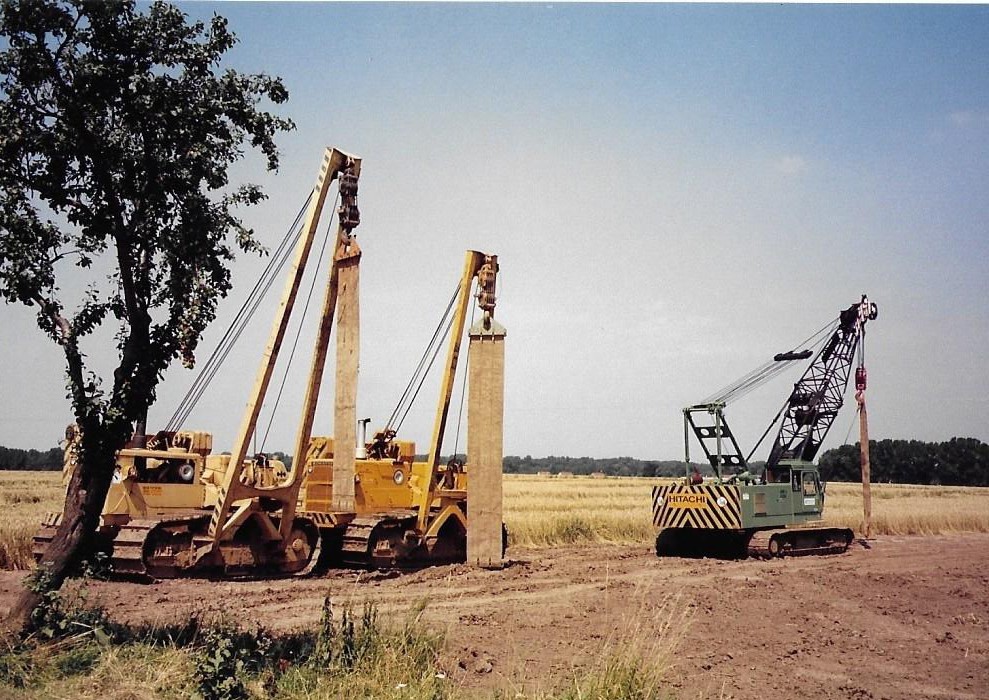
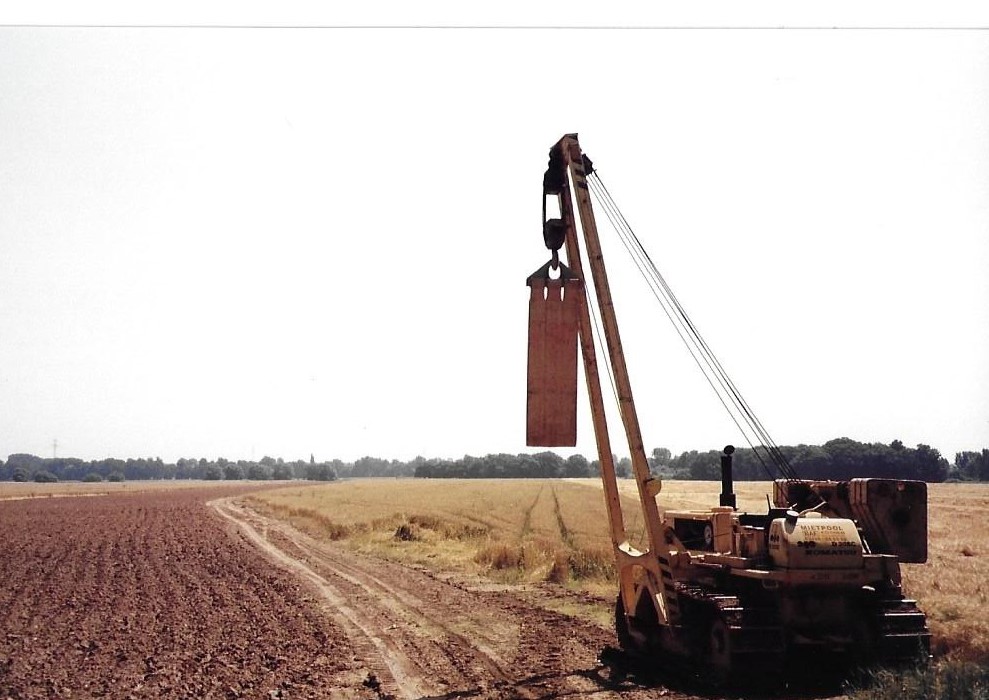
Credentials: We demonstrate the experiences and potential of BAF Pipelineservice GmbH through the references of BAF GmbH and Plynostav A.S. represent. We are convinced that the references of both companies are meaningful arguments. Decades of experience in the areas of pipeline construction, machine service and management make us an interesting partner for realizing your projects.
We were involved in the construction of international gas pipelines in: Russia, Poland, Germany, Hungary, Greece, Turkey.
We have also worked on similar projects in: Egypt, Kazakhstan, Saudi Arabia, Sudan.
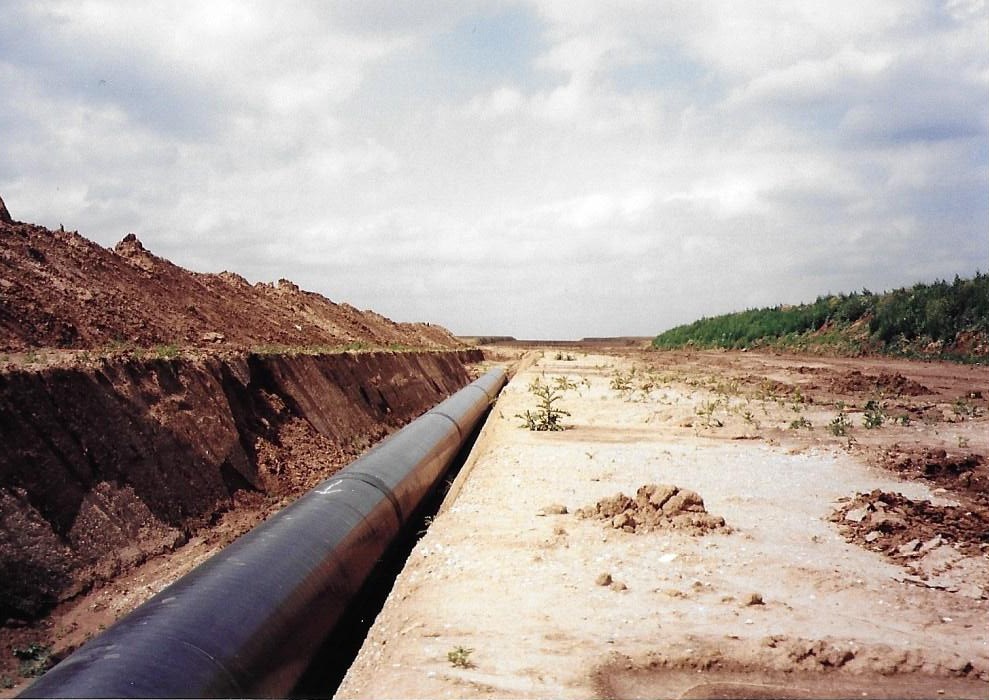
The construction of natural gas pipelines:
Planning phase: Approval: Before construction can begin, approvals must be obtained from various authorities.
Route planning: The route of the pipeline is determined taking environmental aspects, topography and development into account.
Surveying: The exact location of the route is surveyed. Construction phase: Clearing: Trees and bushes along the route are cleared.
Trenching : A trench is dug into which the pipes are laid. Pipe laying: The pipes are laid in the trench and welded together.
Sealing: The trench is refilled and the surface is recultivated. Installation:
Pressure test: The pipeline is filled with water or gas and checked for leaks. Commissioning: The pipeline is put into operation and natural gas is transported.
Further points:
Depth: The depth of the trench varies depending on soil conditions and topography. As a rule, it is between 1 and 2 meters. Pipe Diameter: The diameter of the pipes varies depending on the transport high pressure and volume. Diameters between 20 and 120 centimeters are common. Material: The pipes are usually made of steel or plastic.
Safety precautions: Natural gas pipelines are equipped with numerous safety precautions to prevent leaks and explosions. Note: The construction of natural gas pipelines is a complex and lengthy process that can take several years.
Special construction machines for natural gas pipeline construction:
The construction of natural gas pipelines requires a variety of specialized construction machines that are tailored to the different tasks in the construction process.
Main phases of construction and exemplary construction machines: 1. Prepare the route: Clearing work: Forestry mulcher: For removing trees and shrubs. Excavator with felling grab: For felling trees and removing logs. Leveling and compacting: Bulldozers: To level the terrain and create the route. Grader: For fine grading and creating the slope. Compactors: Used to compact the soil and achieve bearing capacity. 2. Trenching: Trencher: Deep excavator: For deeper trenches (e.g. at intersections). Shaft crawler excavator: For longer and shallower trenches. Mobile excavator: Can be used flexibly on different construction site sections. Horizontal directional drilling rigs: Trenchless laying of pipes under obstacles (e.g. roads). 3. Lay pipes: Pipe laying cranes: Lifting and laying the pipes into the trench. Welding Machines: Connecting the pipes together. Testing equipment: Ensuring the tightness of pipe connections. 4. Backfilling and recultivation: Bulldozing: Filling the trench with soil. Compactors: Compacting the backfilled soil. Seeders: Sod Restoration. Additional construction machines: Trucks and dump trucks: Transportation of construction materials and excavation. Compressors: Compressed air supply for various tools. Aggregates: Power supply for construction site lighting and tools. Construction site vehicles: Transportation of personnel and materials. The choice of construction machinery depends on various factors, such as: B. the length and depth of the route, the soil type, the environmental conditions and the budget.
Published on

 Gas pipelines
Gas pipelines